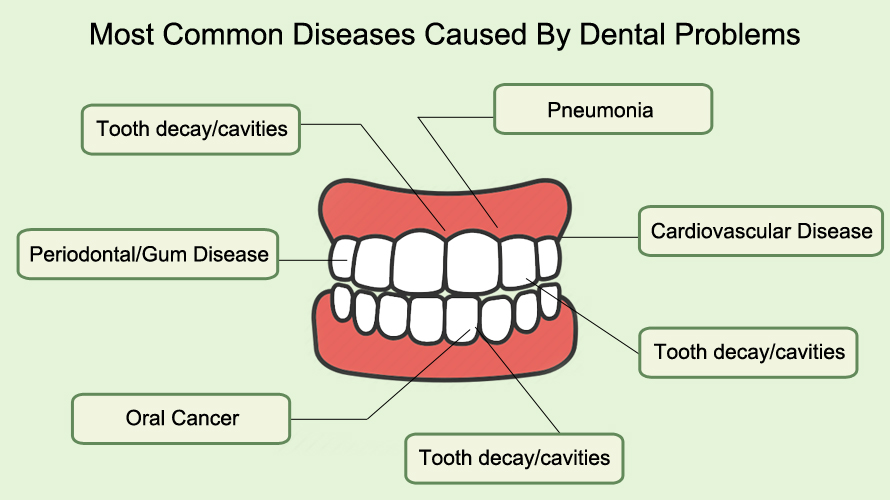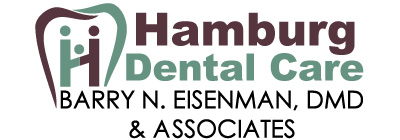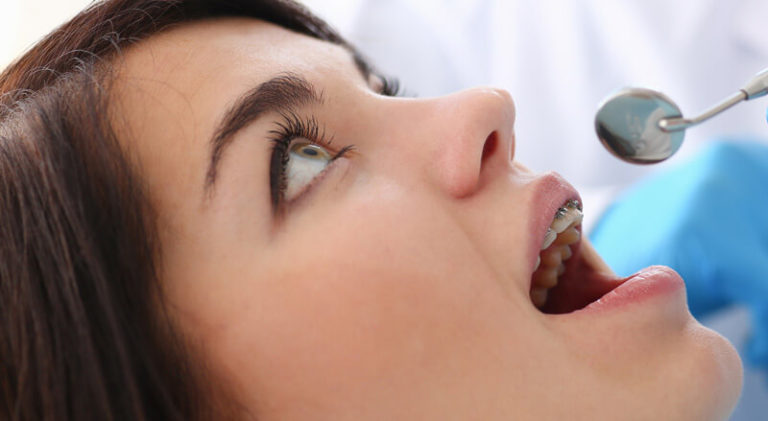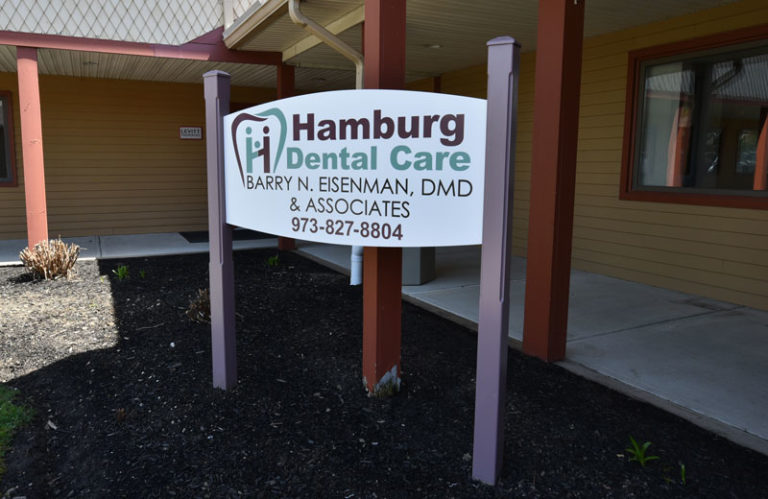Recent research and surveys have highlighted the progress in oral health understanding over the last 50 years. We can now see that 95% of Americans consider their oral health to be important to them. The widespread public awareness of dental and oral health concerns has led to the implementation of water fluoridation, fluoride toothpaste, and more advanced dental care in cities across the US. Even with the progress in oral health campaigns, dental problems and disease still impact the health and wellness of 3.9 billion people around the world.
What are the most common dental/oral diseases?
Poor dental health still runs rampant, with a wide variety of oral health issues plaguing a majority of individuals both in the US and around the world. Various forms of oral disease currently affect 3.9 billion people.
Here are the most common mouth-and-teeth related diseases.
• Tooth decay/cavities:
Tooth decay is the most common disease associated with oral health for children and adults in the US and around the world.
• Periodontal/gum disease:
Half of Americans ages 30+ have periodontitis, an advanced periodontal disease.
• Oral cancer:
More than 50,000 Americans are diagnosed with oropharyngeal or oral cancer every day. It’s a “lifestyle” disease, often associated with alcohol or tobacco use.

Common oral diseases and conditions are expensive, with annual costs amounting to $110 million in the US. Beyond the most common oral diseases, your oral health is linked to other conditions.
• Pneumonia:
Your respiratory system pulls certain mouth bacteria into your lungs, which can lead to pneumonia.
• Cardiovascular Disease:
Poor oral health, including inflammation and infections in your mouth are linked to strokes, heart disease, and even clogged arteries.
• Endocarditis:
This disease is linked to the release of bacteria into your bloodstream, which leads to an infection of your heart lining.
• Birth/Pregnancy Complications:
Oral health issues, like periodontitis, contribute to low birth weight and premature birth.
Oral Diseases like Diabetes, Alzheimer’s disease, HIV/Aids, and other autoimmune conditions can also affect or directly correlate with your dental and oral health.
How do bad habits cause dental problems?
Bad habits directly correlate to dental problems, but you may not even consider how your habits affect your health and wellness. It’s relatively easy to change or mitigate destructive daily routines. Here are a few of the top bad habits that harm your teeth.

• Tobacco Products:
Public health and school campaigns report about the adverse side effects of smoking or chewing tobacco, but it may not be clear just how much it affects your oral health. These products cause gum disease, tooth decay, periodontal disease, and stained teeth.
• Contact Sports:
All it takes is one game without a mouthguard. Getting hit in the face while playing a sport can easily leave you with a chipped tooth, missing teeth, or worse.
• Stress:
How you react to stress can directly affect your long-term oral health. You may grind your teeth when you’re asleep or chew on pens before a big test as a nervous habit.
• Sugar:
You could break it down by drinks and foods, but any sugary soda, sports drink, candy, gummy, or other sweet treat will adversely affect your oral health.
Most of these bad habits can be avoided when you begin to work toward a healthier diet and a better work-life balance. Reducing and eliminating the adverse side effects of bad habits is important. Even with the best of intentions, you will likely experience oral health issues and disease. So, you should also know about some of the most frequent fixes when the time comes for you to need repair.
How do we fix oral health issues?

Prevention is key. When you avoid bad habits and practice a healthy oral care routine, you can help prevent tooth decay, bad breath, and gum disease. Even with all the best preventative measures, you will need to address your oral health issues. Some of the most common oral fixes include dental implants, dental bonding, crowns, and veneers.
Here’s a breakdown of how these fixes might you’re your specific situation.
• Dental Bonding:
With this procedure, your dentist applies a composite resin to your teeth to repair cracked, chipped, or discolored conditions. Dental bonding is one procedure that is a great all-around fix for any issues you may be experiencing.
• Dental Crown:
Your dentist covers your damaged tooth to restore its original size and shape. This dental restoration procedure is one of the most common procedures. Your dentist may use a variety of materials for the crown including metal alloys, porcelain, or ceramic.
• Dental Implants:
This is an option if your tooth cannot be repaired. A dental implant is a surgical fixture, fused into your jawbone. A post or abutment is placed on the top portion of the implant to resemble a natural tooth.
• Dental Veneers:
Veneers are made up of custom, thin material. Your dentist applies these tooth-colored surfaces to the front part of your teeth. Dental veneers are not designed to be permanent, but they can last for years or even decades.
Each of these dental fixes addresses a long list of common oral health concerns. No matter how careful and conscientious you are with your oral health, it’s statistically likely that you will experience at least one of these procedures at some point during your lifetime.

While dental bonding, crowns, and veneers are built upon your “real” tooth, dental implants replace the tooth. It’s important you take this fact into account when you are considering your options. In most cases, the dental fixes should leave you with teeth that look and feel like real teeth. Of course, the final outcome of the procedure will depend on the recommendations of your dentist as well as the material you select for the composite.
Next steps
When you come in for an appointment at Hamburg Dental we’ll review your oral health and discuss any dental concerns you have. Dr. Eisenman will take all of this information into account and then talk to you about the best treatment options. We can then schedule a time for you to come in and undergo the procedure in a pain-free way that will leave you happy with your results. To learn more about Hamburg Dental Care, call 973-827-8807 or visit our website.




